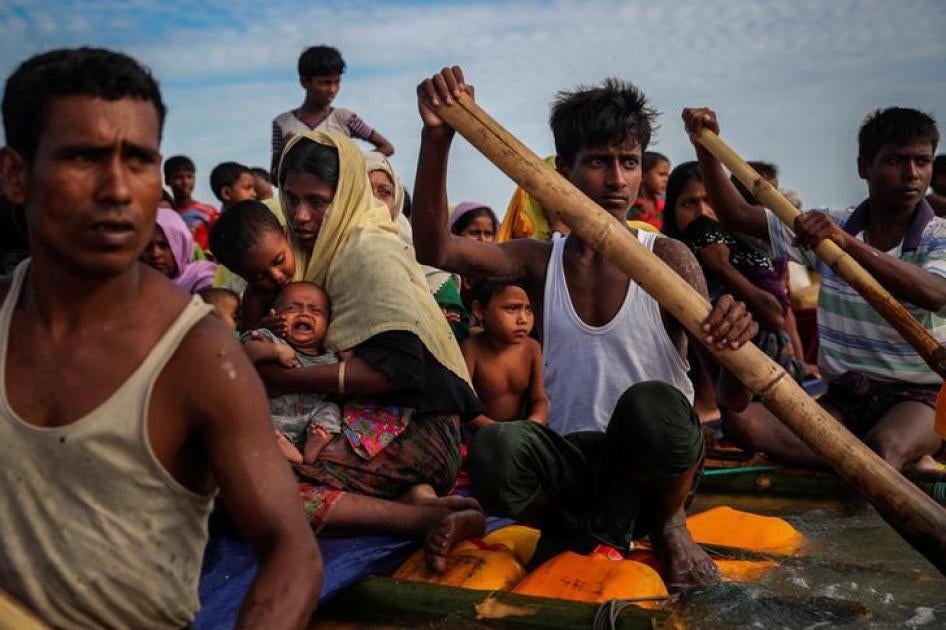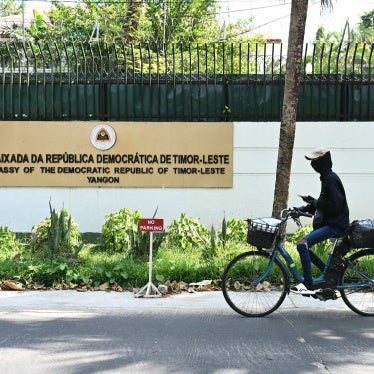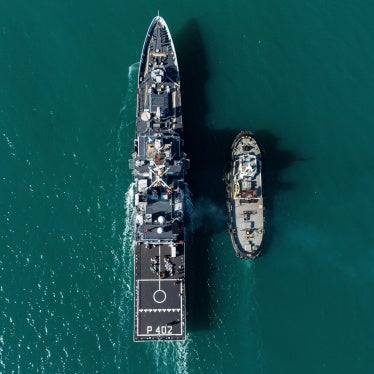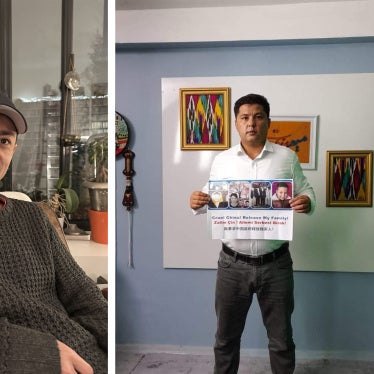Over the last nine months some 700,000 ethnic Rohingya in Burma have been driven from their homes across the border into Bangladesh by the Burmese military. The attacks have been described by the UN as “a textbook case of ethnic cleansing”, while Human Rights Watch and others found the atrocities amount to “crimes against humanity”. Yet the international response to this crisis has been woefully inadequate. Britain, which has traditionally led on Burma on the UN Security Council, carries a particular responsibility for this failure. In a sharp critique, the British parliament’s Foreign Affairs Committee said recently that the Government’s diplomatic leadership on Burma “has struggled to achieve a clear sense of direction and has so far had meagre results”.
Last week’s trip by the UN Security Council to Bangladesh and Burma, to see and hear for themselves the plight of the Rohingya, was supposed to produce a more concerted and effective international response. Britain should have led the way in promoting this. But initial public statements by representatives to the UN Security Council, especially Britain, suggest that this critical opportunity was missed.
Although Bangladesh is hosting nearly a million refugees, and Britain and other donors are providing large amounts of humanitarian aid, overall international efforts are falling short, with some of the most vulnerable Rohingya still not receiving the support they need. Human Rights Watch documented dozens of Burmese soldiers raping Rohingya women and girls as part of their campaign of ethnic cleansing, including horrific gang rapes. Yet their suffering and trauma continues. There are some 40,000 pregnant women and girls among the Rohingya refugee population, some of them raped by Burmese soldiers, and some are due to give birth in the coming weeks. But Andrew Gilmour, a UN Assistant Secretary General, lamented recently that camps are not providing proper care or protection for them, and that survivors’ access to support - especially psychological and reproductive health services - is too limited.
It is commendable that a senior UN official should speak out in this way. But where is Britain’s voice? For nearly five years, the British government has said that combatting sexual violence in conflict is a high priority, and it created the Preventing Sexual Violence Initiative to implement that commitment. But faced with widespread rape against the Rohingya and with survivors’ huge need for care and support, Britain has not showed the decisive global leadership on this issue that the PSVI promised.
Britain should be helping to lead a strengthened international response in respect of refugee returns. None of the Rohingya will have forgotten the death, destruction and terror that forced them to flee their homes, or the profound discrimination and persecution they have experienced for generations in Burma. They will only return voluntarily to Burma when there is a fundamental change in these conditions. At a minimum, that means security guarantees, freedom of movement, an end to discriminatory citizenship laws, livelihood opportunities, and the return of stolen homes or compensation for those destroyed. The Burmese military and hostile elements of the Burmese government will not concede these changes easily. It will take sustained and increased international pressure, of the kind that has been sorely lacking to date. One very concrete step that Britain and other EU states should take is the early imposition of targeted sanctions on senior figures in the Burmese military. Other states should be encouraged to adopt similar measures.
A clear and consistent international position on accountability and justice is also crucial. Astonishingly, Britain’s representative to the UN, Karen Pierce, suggested this week that the Burmese government might undertake another domestic inquiry into the crimes committed against the Rohingya and that it should be supported in doing so. This is absurd. Is Ms Pierce really unaware of the Burmese military’s long history of impunity for mass killings and sexual violence? In the midst of the current crisis, the Burmese military has released two reports denying all accusations of rape and killings by its own security forces, and last week Min Aung Hlaing, the army’s Commander-in-Chief, denied that the Burmese military has ever, in its entire history, committed rape. Pierce also repeated Suu Kyi’s cynical claim that her government is willing to “look” at any evidence provided, an offer belied by Burma’s refusal to allow access to the UN Fact-Finding Mission established by the Human Rights Council.
If it is serious about justice for the Rohingya, as its claims to be, the British government should work with other Security Council members to press for a Council resolution that refers Burma to the International Criminal Court.This will not be easy. But there is often no quick route to justice. It would be a shameful betrayal of the Rohingya not to vigorously pursue every opportunity to bring to account those responsible for the heinous crimes committed against them.










